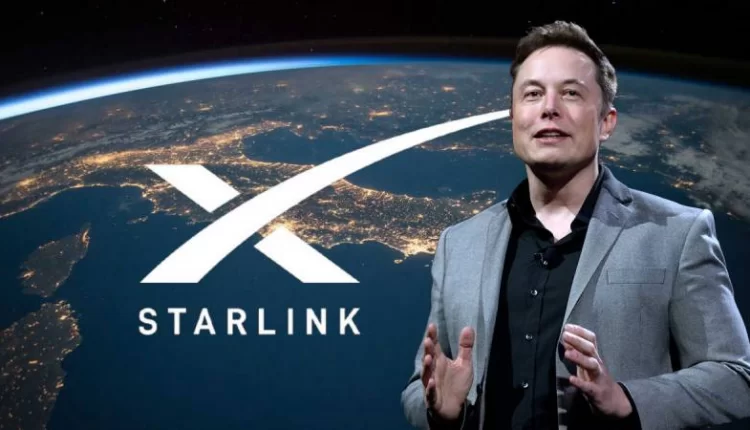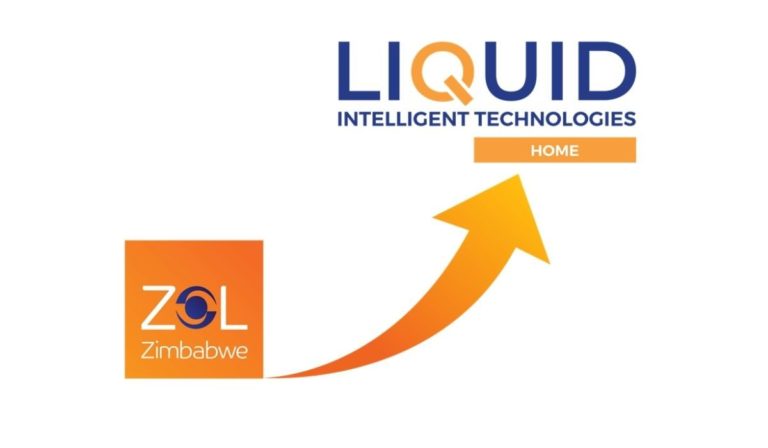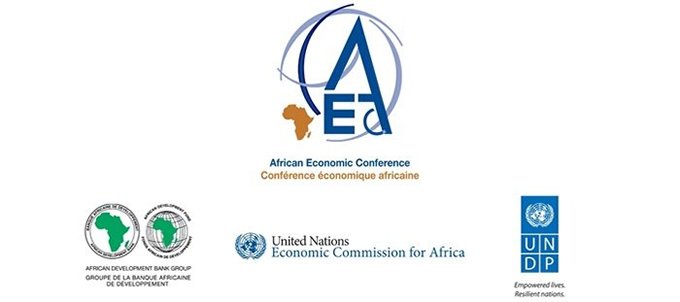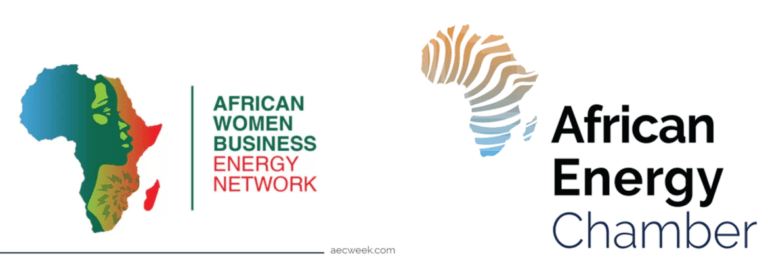Elon Musk’s Starlink Arrives in Rwanda

Officials have confirmed that Starlink, the satellite-based internet company founded by billionaire Elon Musk, has begun operating in Rwanda.
According to prior reports, the Ministry of ICT and Innovation announced that the high-speed internet service would formally start in the nation on February 22.
According to information received by The New Times, the business will first provide a 90-day trial period rather than contracts.
“Starlink typically provides high-speed, low-latency service with sporadic, transient instances of poor connectivity. Nonetheless, this will significantly improve with time, “said a representative of the Information and Innovation Ministry.
The hardware is initially planned to cost Rwf572,000, increasing the total cost of the package to just over Rwf600,000. The service is scheduled to cost Rwf48,000 each month.
The hardware, which consists of a dish, router, power supply, and cable, will only need to be purchased once by the consumer.
The monthly fee was “more than halved” compared to the going rates, a dependable source told The New Times.
The source emphasized that “Starlink sets its own tariff compared to the area it is supplying its services.”
Starlink’s services, which are delivered using cutting-edge low-orbit satellites and will make Rwanda’s internet even quicker, will be made available for the first time in the area in that nation.
More than 30 nations, mostly in North America and Europe, offer the service.
Almost 2,000 satellites have been deployed by Starlink, and thousands more are planned for launch. According to the FCC, the company provides high-speed, low-latency satellite internet service with download rates ranging from 100 Mbps to 200 Mbps.
The World Intellectual Property Organization (WIPO) recently recognized Rwanda as the top low-income nation in Sub-Saharan Africa with the fastest internet speed in its Global Innovation Index (GII) study.
On three pillars—institutions, human capital and research, and infrastructure—Rwanda outperforms the region’s average.
Starlink is anticipated to cover unserved or underserved communities in urban, suburban, and rural areas once it is operational, a move that might significantly increase the country’s internet penetration.
Schools are among the Rwandan institutions given priority to take advantage of the satellite-based internet, according to the Ministry of Information and Innovation. Officials noted that the initial objective is to pilot it in at least 500 schools.







